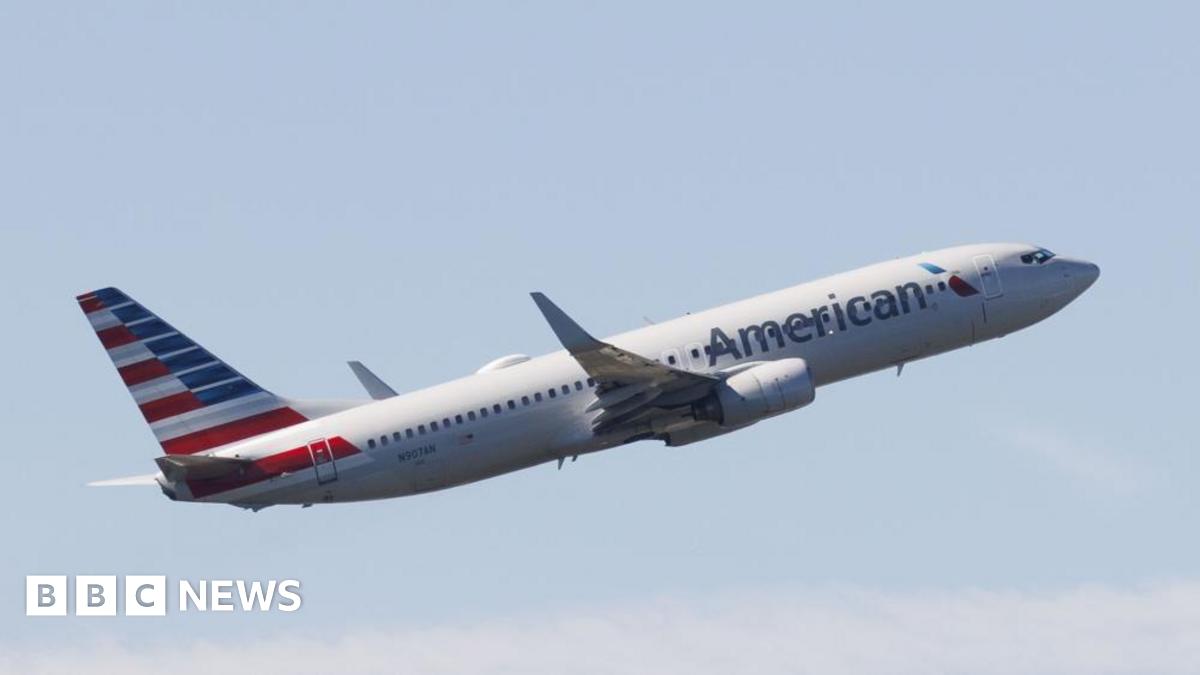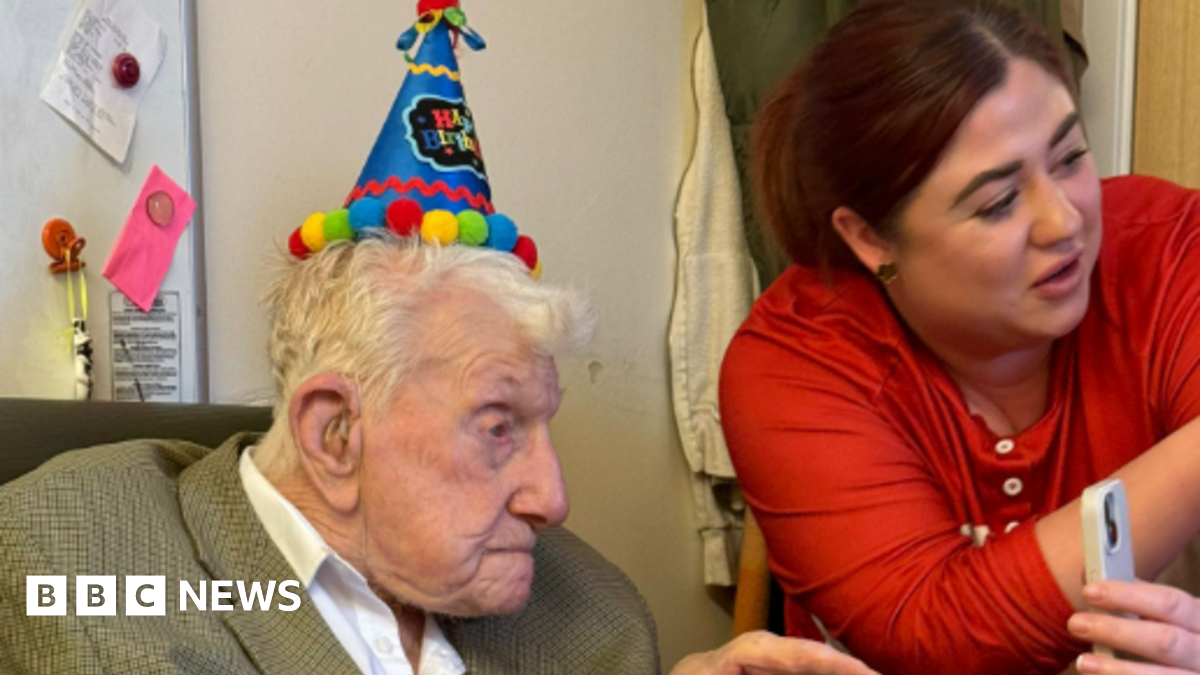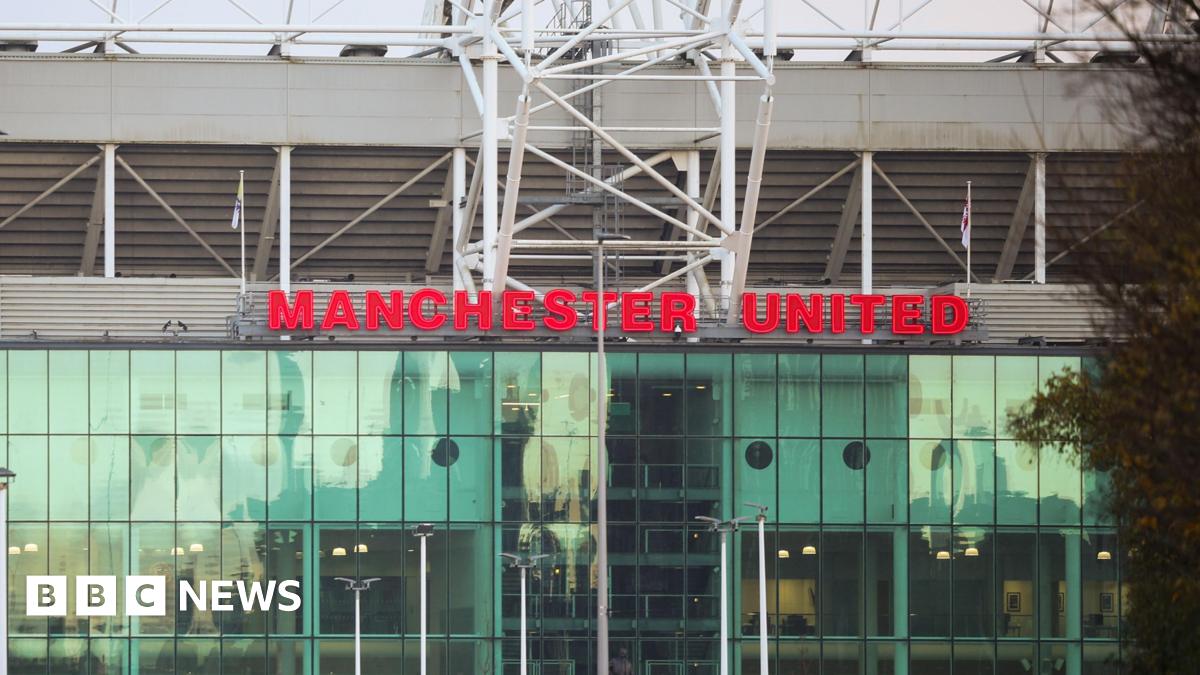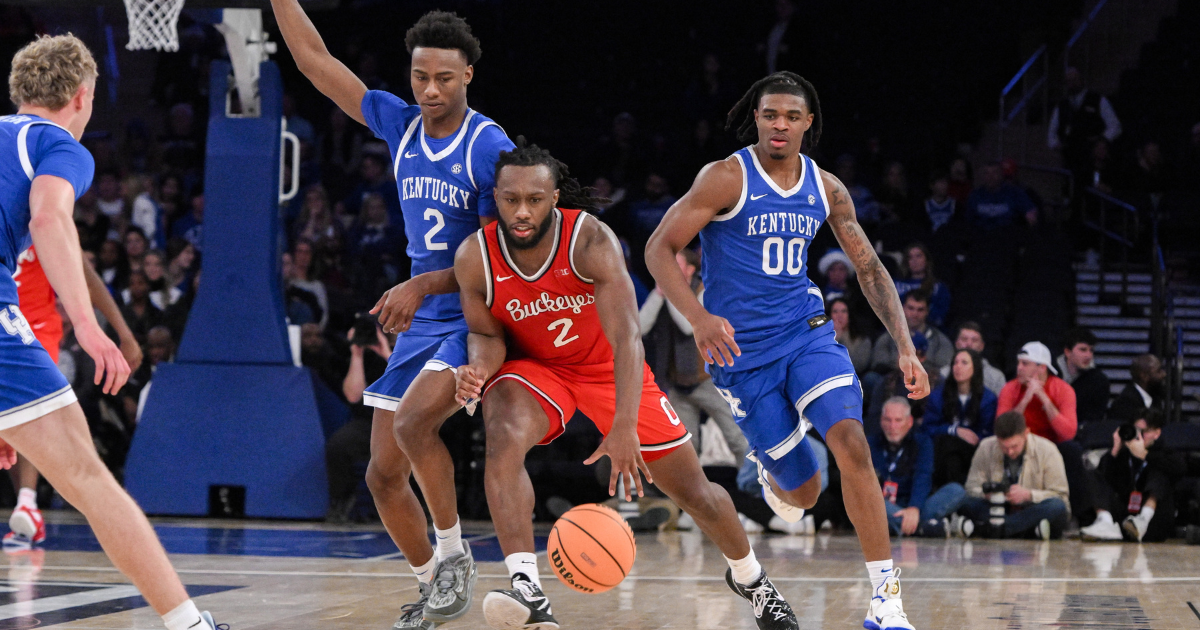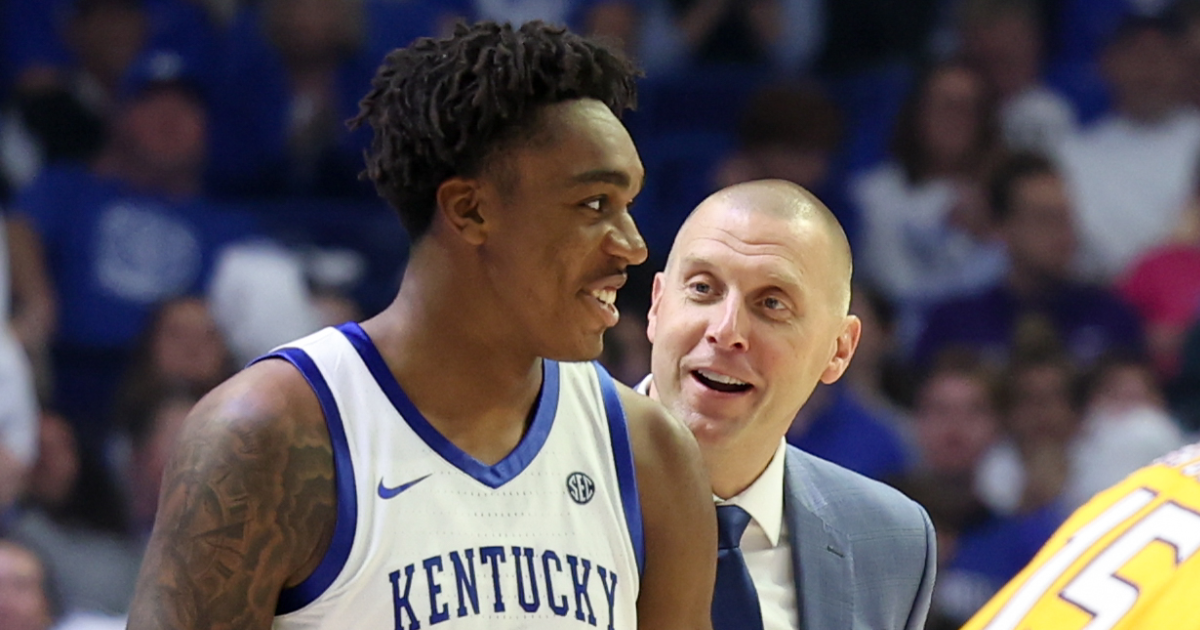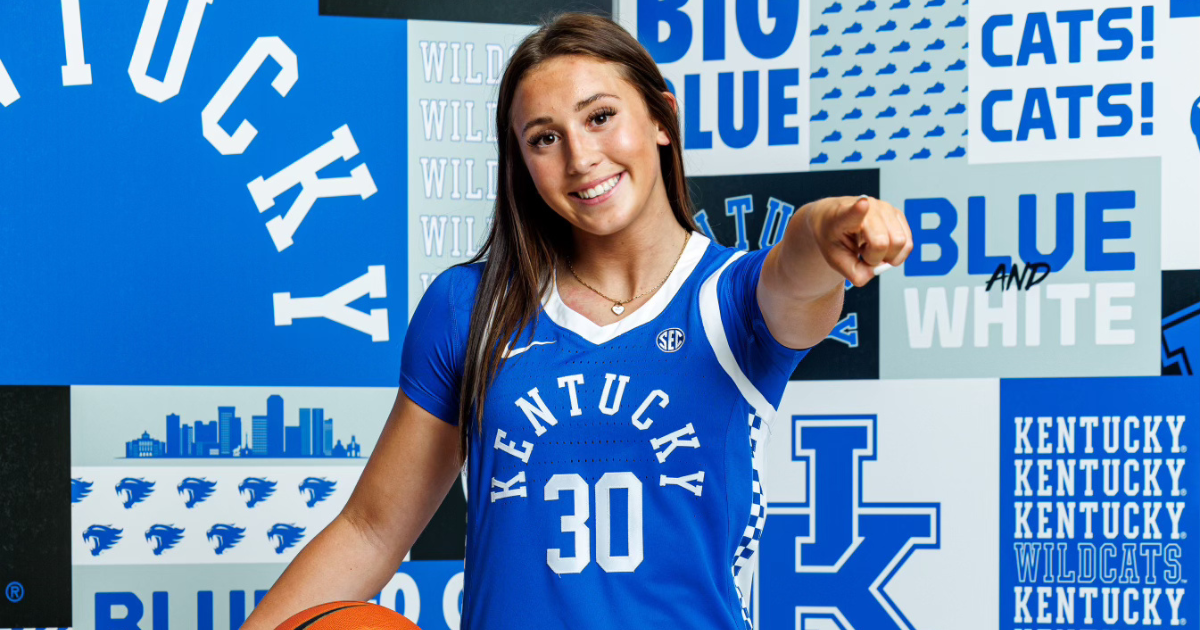Will Trump victory spark global trade war?
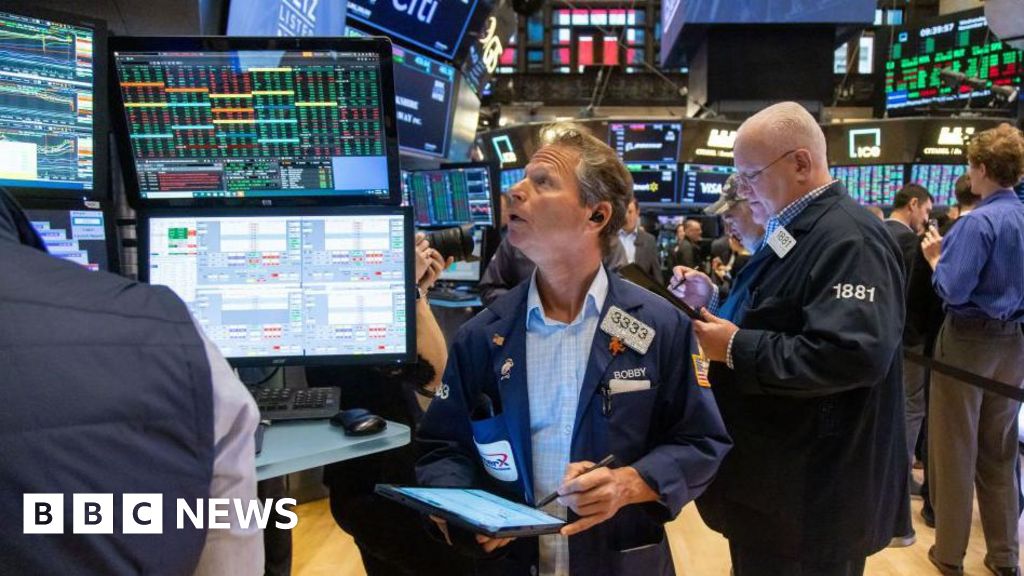
During his campaign, Trump said tariffs were the answer to myriad issues, including containing China and preventing illegal immigration.
“Tariff is the most beautiful word in the dictionary,” he said. It is a weapon he clearly intends to use.
While much of this rhetoric and action is aimed at China it does not end there.
Some jurisdictions like the EU are already drawing up lists of pre-emptive retaliatory actions against the US, after ministers did not take seriously enough Trump’s earlier threats of tariffs, which he later imposed.
G7 finance ministers told me last week they would try to remind a Trump-led America of the need for allies in the world economy because “the idea is not to launch a trade war”.
However if “a very strong broad power is used”, Europe would quickly consider its response.
In the past the EU imposed tariffs on iconic American products such as Harley Davidson motorcycles, bourbon whiskey and Levi’s jeans in response to US duties on steel and aluminium.
A top Eurozone central banker told me US tariffs alone were “not inflationary in Europe but it depends on what Europe’s reaction will be”.
Last month the IMF told me a major trade war could hit the world economy by 7%, or the size of the French and German economies combined.
There are very big questions for the UK government about where exactly the post-Brexit UK should seat itself in a plausible, if not certain, transatlantic trade war.
The direction of travel until now for the UK has been to get closer to the EU, including on food and farm standards. This would make a close trade deal with the US very difficult.
The Biden administration was uninterested in such a deal. Trump’s still highly influential top trade negotiator Bob Lighthizer even said an assumption that the UK would stay close to the EU to help its own businesses had prevented him from pursuing a deal.
“They are a much bigger trade partner to you than we are,” he told me in an interview.
The UK could try and remain neutral, but would struggle to avoid the crossfire, especially for the goods trade in pharmaceuticals and cars.
The rhetoric from the UK government suggests it could try to be a peacemaker in global trade wars, but would anyone listen?
Britain could pick a side, by trying to be exempted from more general Trump tariffs.
Diplomats have been heartened by more pragmatic economic advisers to the President-elect suggesting that friendly allies might get a better deal.
Or would the world benefit more if the UK joined forces with the EU to head off the application of such trade tariffs?
Away from the US, what about the example to the rest of the world?
If the world’s biggest economy is resorting to mass protectionism, it’s going to be difficult to persuade many smaller economies not to do the same.
All of this is very much up for grabs. Trump’s warnings can be taken at face value. Nothing is certain, but this is how very serious trade wars can start.
Related
American Airlines resumes Christmas Eve flights after technical issue
"We sincerely apologise to our customers for the inconvenience this morning," the airline said."It's all hands on deck as our team is working diligently to get
Opera star Alfie Boe sings Happy Birthday to UK’s oldest…
The call, organised by staff at the Canal Vue care home where Mr Rose lives, was part of a day of celebrations involving the former soldier's family, friends an
Man Utd food hygiene rating cut after mouse droppings found
The Food Standards Agency rating scheme ranges from 0 (urgent improvement necessary) to 5 (very good).Manchester United's new score has seen it re-rated from go
Australian football team set to play Nantwich during UK tour
Nantwich Town will host a special friendly game against an Australian team who are set to arrive for a UK tour in January. Football Canberra will embark
